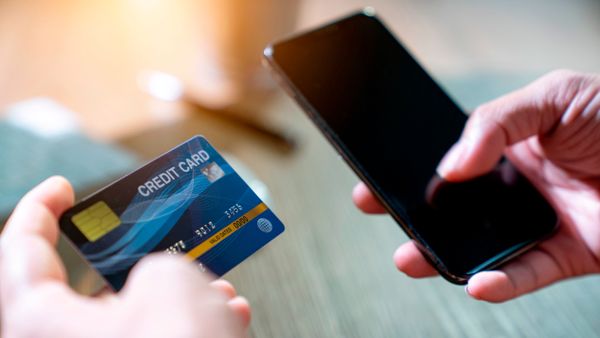A cell phone is an electronic device, with very small components, such as amplifiers and a microprocessor. Like any other device with electronic parts, your cell phone has to be protected from extreme heat and cold, and, perhaps most critical, it has to be protected from moisture. Most of us have learned the hard way (letting a baby chew on our cell phone, or forgetting to take the phone out of our pocket before jumping into the pool) that the internal parts of the cell phone can corrode if the phone gets wet. And, as we know from a visit to the phone's carrier, corrosion can't be repaired.
Corrosion is not only the result of a lot of water - it could even be caused if you handle your cell phone with wet hands. A wet cell phone should not be turned on until it is completely dry. If you wait to switch it on, you may be able to avoid internal damage (but don't count on it). There are specially designed cases to protect cell phones from water damage, though even these protective cases don't help in particularly wet (and careless) situations.
Advertisement
Another potentially damaging condition for your cell phone is extreme cold or heat. Cell phone electronics are sensitive, and they can be damaged if exposed to extreme heat, for example if you leave your cell phone on the dashboard of your car on a hot day, in direct sunlight. The cell phone battery can also be damaged by heat. Extreme cold can cause temporary loss of the screen display, which is usually restored once the phone comes to room temperature.
Advertisement

